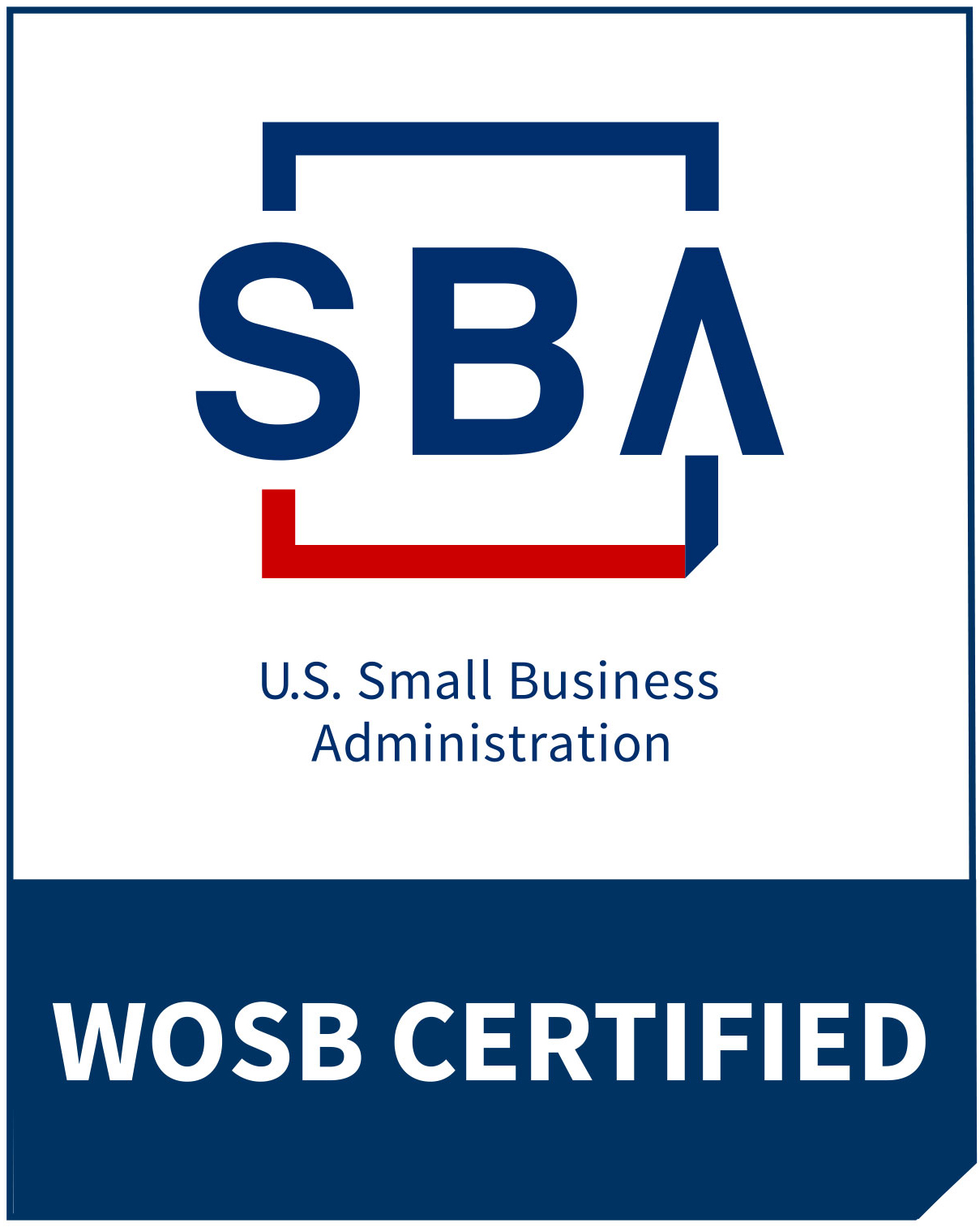I was talking to some investors this morning. One group hired external experts on a regular basis, and one group did not. They both were surprised to hear the rate of bankruptcy is higher for companies acquired by private equity firms.
Investors often face significant risks when acquiring companies, particularly through private equity and venture capital. One glaring statistic underscores this reality: 20% of companies acquired by private equity firms through leveraged buyouts go bankrupt within 10 years, compared to only 2% in the control group. This represents an 18% absolute increase in risk and a staggering 900% relative increase.

The collapse of Beautycounter, as detailed in FastCompany, provides crucial lessons for investors. Here’s how strategic missteps and internal conflicts led to its downfall, and how the use of external experts could have mitigated these risks:
- Strategic Market Positioning:
- Lesson: Being first to market can be a double-edged sword. Beautycounter was a pioneer in “clean” beauty, but larger brands soon entered the space, offering consumers more choices at lower costs.
- Expert Insight: External market analysts could have forecasted these competitive dynamics, helping to develop strategies that maintain a competitive edge.
- Understanding Mission-Driven Brands:
- Lesson: Carlyle struggled with the high costs associated with Beautycounter’s mission of producing non-toxic beauty products.
- Expert Insight: Consultants specializing in sustainable business practices could have provided solutions to balance mission and profitability, ensuring long-term success.
- Recognizing Differentiators:
- Lesson: Beautycounter’s unique value was its network of 65,000 advocates. Shifting sales to Ulta undermined this.
- Expert Insight: Sales and marketing experts could have advised on leveraging these advocates while expanding sales channels, preserving the brand’s unique strengths.
- Pressure from Venture Capitalists:
- Lesson: The pressure to sell led to strategic missteps, raising questions about the scalability of a single-brand personal care company.
- Expert Insight: Strategic advisors could have evaluated the long-term profitability and scalability, advising against premature exits or poorly timed sales, or perhaps incorporating an acquisition or merger to create profitable scalability.
- Internal Culture and Leadership:
- Lesson: Carlyle’s introduction of a new CEO led to internal conflicts and mass resignations, destabilizing the company.
- Expert Insight: Organizational behavior experts could have facilitated smoother leadership transitions, preserving the company’s culture and core leadership.

The Value of External Expertise
By incorporating external experts, investors can significantly reduce the risk of their acquisitions. Here’s how:
- Enhanced Due Diligence: Experts provide deep dives into market conditions, competitive landscapes, and operational efficiencies, uncovering potential risks and opportunities that internal teams might miss.
- Objective Perspective: External consultants offer unbiased viewpoints, helping to identify blind spots and avoid groupthink.
- Specialized Knowledge: Experts bring in specialized knowledge that may not be available in-house, from sustainable business practices to organizational behavior.
- Proven Strategies: Consultants have a track record of proven strategies that can be tailored to fit the specific needs and challenges of the acquired company.
A Call to Action for Investors
In light of the significant increase in bankruptcy rates for private equity-backed firms, it is imperative for investors to leverage external expertise. Doing so can:
- Mitigate Risks: Reduce the 900% relative increase in bankruptcy risk.
- Optimize Investments: Ensure better returns through informed decision-making.
- Strengthen Companies: Foster stability and growth in acquired companies by addressing strategic, operational, and cultural challenges effectively.
Investing in external experts is not just an option—it’s a necessary step towards safeguarding investments and achieving long-term success.




